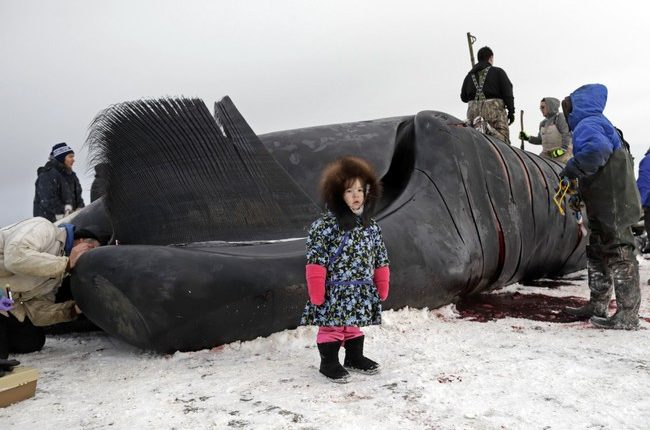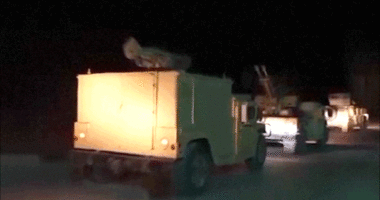Share this @internewscast.com

The expansive, ambitious Bill is currently navigating its way through Congress, and updates about its status in the Senate could arrive at any time. The bill’s been undergoing revisions, with its terms up for discussion, meaning its final version remains unpredictable.
However, Alaska’s Senators have managed to incorporate a few notable provisions for their state; particularly a tax reduction specifically for whaling ship captains. Indeed, these captains still operate in Alaska, and they are set to receive an increased deduction for their job-related expenses on their taxes.
There’s a surprising winner in the latest draft of Senate Republicans’ domestic policy megabill: whaling boat captains.
Buried in the 940-page bill is a provision upping a deduction some can take for whale-hunting-related expenses to $50,000 from the current $10,000.
This is one of the more peculiar allowances in the tax code, often ridiculed, as it permits individuals to claim the costs associated with maintaining boats and weapons as a charitable contribution.
This benefit affects, primarily, Alaska’s Native community, who are allowed to take whales for subsistence, as they have been doing for many years.
The deduction . In order to claim the benefit, the IRS says someone has to be recognized as a whaling captain by the Alaska Eskimo Whaling Commission and must be engaged in the sanctioned, subsistence hunting of bowhead whales.
While that’s interesting, I find I must set aside the temptation to start spewing “Moby Dick” quotes and look at the second provision, which is more far-reaching in the Great Land – and for a mildly alarming reason.
Alaska and Hawaii could be temporarily exempted from paying for some costs of the nation’s largest anti-hunger program after last-minute negotiating from lawmakers, according to Senate Republicans’ new megabill text.
The new text grants the Agriculture secretary authority to waive the two states’ cost-share requirement for up to two years if they are “actively implementing” a plan to lower their payment error rates, which is what will be used to calculate how much of the Supplemental Nutrition Assistance Program states will need to fund.
Alaska’s SNAP error rate was over 60 percent and Hawaii’s was over 20 percent as of fiscal year 2023, which is the latest available data. Alaska’s two Republican senators, Lisa Murkowski and Dan Sullivan, have spent the past several weeks pushing their colleagues to provide an exception for their state.
That’s disconcerting. Alaska’s overpayment rate in the SNAP program is far ahead of any other state; it’s not even close. The waiver is contingent on Alaska (and Hawaii, which also has an alarmingly high overpayment rate) taking steps to deal with it.

















